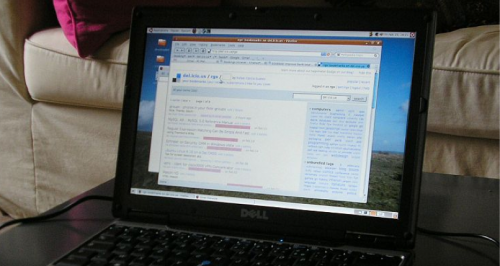(Phys.org) —Employees who work from home one to three days per week called 'hybrid teleworkers', are more productive than workers who do none, according to a new study undertaken by the Institute for a Broadband Enabled Society (IBES) at the University of Melbourne and University of Auckland in New Zealand.
One of the lead authors, Dr Rachelle Bosua from the University of Melbourne says work patterns and places of work are changing dramatically as a result of increased adoption of digital technologies.
"Our findings indicate a positive relationship between the ability to telework and well-being which in turn contributes to more productive workers. "
"In addition, work and family life is getting more blended and entwined. These elements pose unique challenges to successfully manage a new era of flexible workers and measure outputs."
"Our study confirms that flexible work is a way for managers to invest in the wellbeing of their workers increasing productivity, job satisfaction, and retaining talented workers".
The research, which surveyed more than 1800 employees and almost 100 HR and senior managers in 50 businesses and organisations across New Zealand and Australia, found that teleworkers believe their flexible work arrangements allowed them to be more productive and to perform better at work, while managers found they delivered better work outcomes and suffered less from absenteeism.
Teleworking is now accepted as a mainstream model for working from home with 'hybrid teleworking' the most popular model. The research was commissioned by Cisco.
Provided by University of Melbourne


















